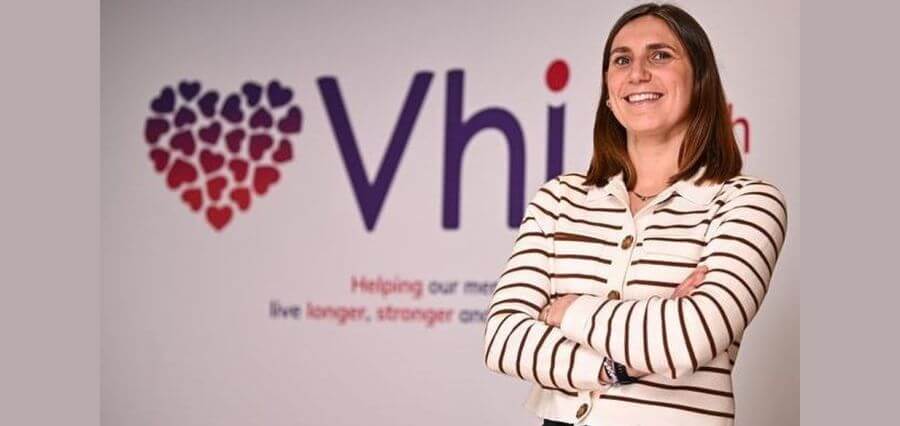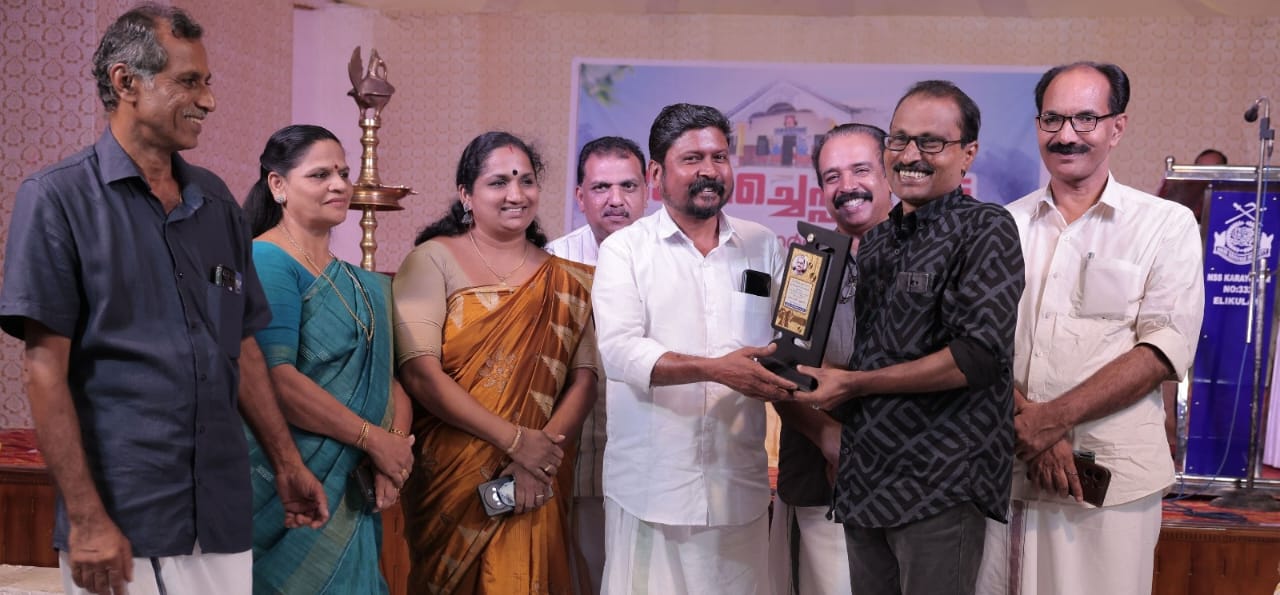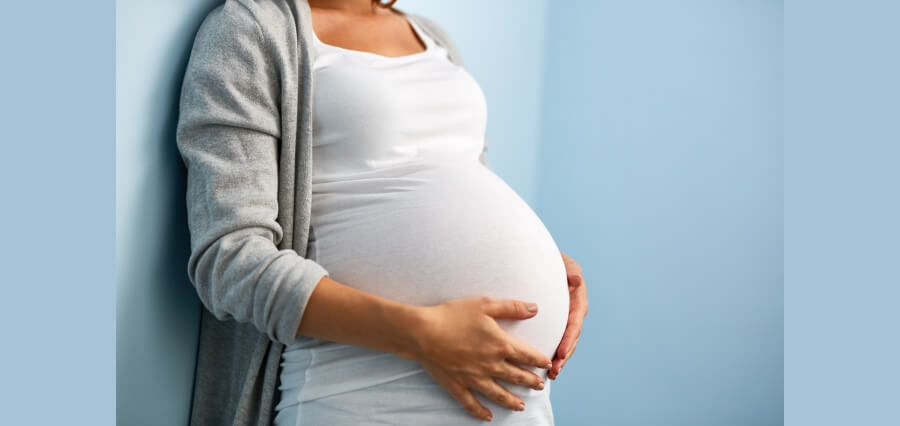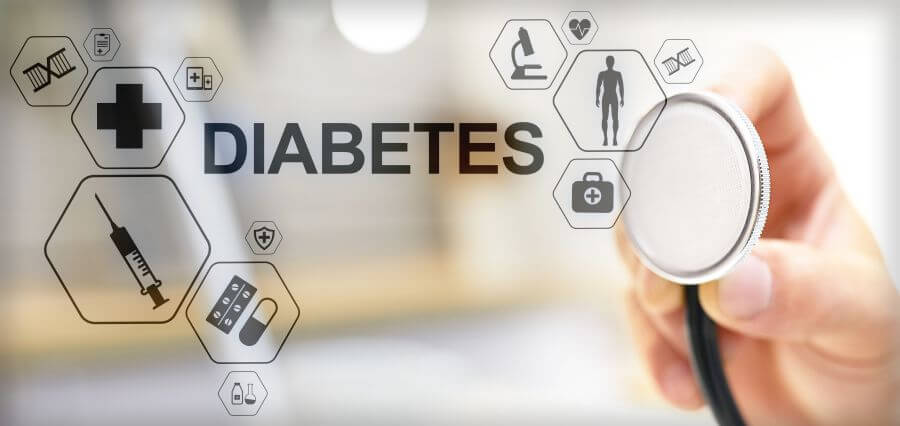As the VHI Women’s Mini Marathon approaches on June 2, a women’s health expert has shared valuable insights on adapting exercise to menstruation and various life stages. Research by VHI found that while 77% of women believe running improves their mood during their period, 18% of the 500 women surveyed stopped running altogether due to fatigue or lack of motivation.
Dr. Amélie Roland emphasizes that adapting exercise to menstruation is highly individualized and depends on each woman’s unique experience. “The main difficulty with the menstrual cycle is that it’s a very individual experience. Every woman will experience different symptoms and at a different intensity,” she said.
Dr. Roland advises women to track their cycles, try different exercises during their periods, and find what works best for them. “It’s about knowing your body and knowing yourself because the science can’t provide us with a black and white answer. It’s up to the individual to find the best approach,” she emphasized.
For new mothers, Dr. Roland recommends a gradual return to physical activity. “You need a rest as a new mother. It really depends on how the delivery happened. Everyone should check with their own doctor after delivery, but the guidelines would first be to rest. Then after two weeks, you can go back to pelvic exercises, core exercises, then evolve to strength training and walking before gradually going to running,” she advised.
Dr. Roland notes that menopause and peri-menopause can be challenging due to physical and mental changes. “There’s a big drop in physical activity at that age, mainly because of joint pain and fatigue. The body and metabolism are changing. Around menopause, there is a decrease in muscle mass as well, so we need to do some strength training to maintain that,” she said.
Dr. Roland’s expert tips for adapting exercise to menstruation and life stages can help women navigate these changes and maintain a healthy lifestyle. By understanding their bodies and taking a personalized approach, women can continue to enjoy exercise and improve their overall well-being.











